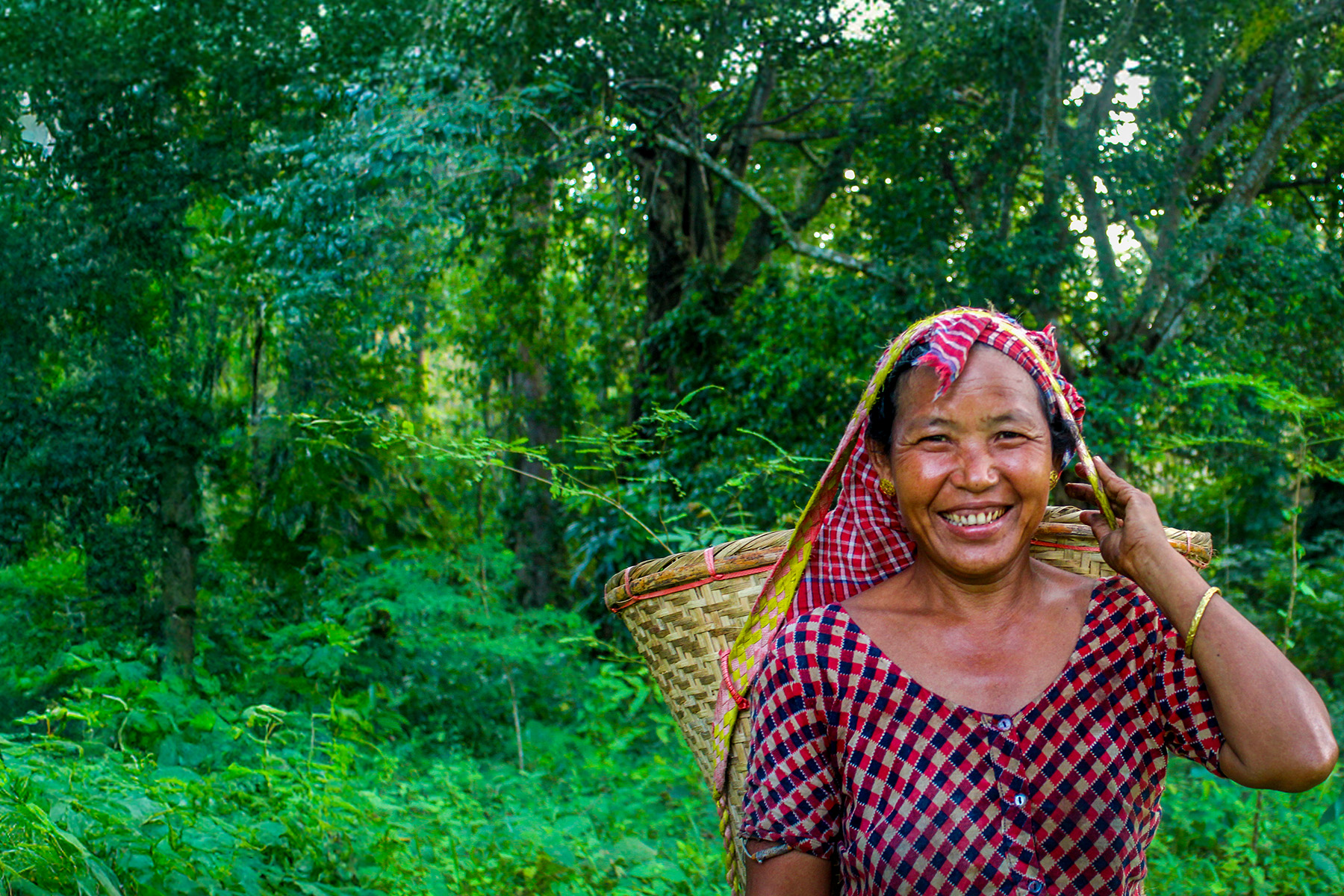 © AF/Photo library
© AF/Photo libraryThe Integrated Climate Adaptation Solutions for the Hindu Kush Himalaya Region (HI-CAS) Project is a regional initiative implemented in Bangladesh, Nepal, and Bhutan with technical support from ICIMOD.The project aims to strengthen the climate resilience of indigenous and local communities living in Bandarban Sadar and Matiranga Upazila of the Chittagong Hill Tracts through a combination of ecosystem... Read more
Location: Bandarban, Khagrachari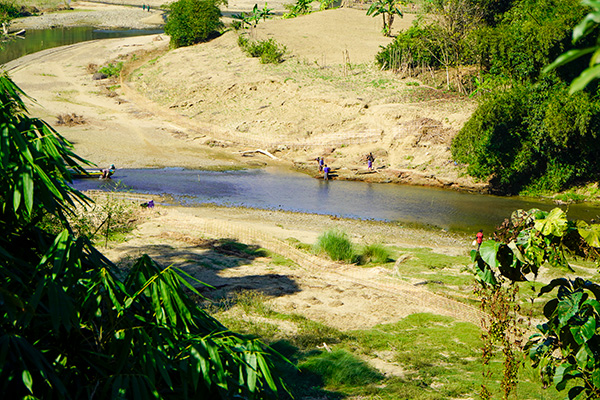 © AF photo library
© AF photo libraryThis project is a critical transboundary conservation initiative to be implemented jointly by Arannayk Foundation in Bangladesh and Aaranyak in India. The project seeks to ensure the long-term survival of endangered big cats and restore ecological balance across their shared habitats in the Kasalong Reserve Forest and Sangu–Matamuhuri Reserve Forest in Bangladesh, and the Dampa Tiger Reserve in India. ... Read more
Location: Bandarban, Rangamati, Mizoram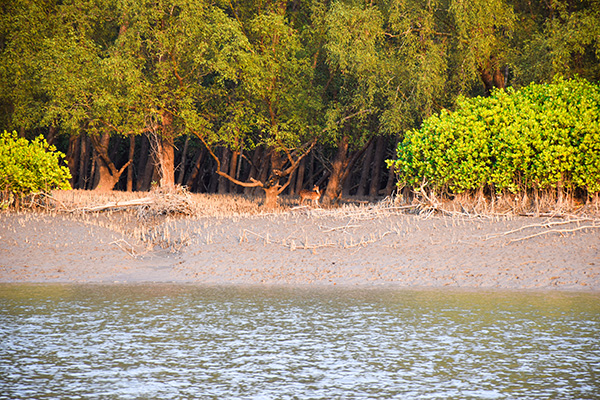 © AF/Arifur Rahman
© AF/Arifur RahmanArannayk Foundation has undertaken a project titled “Monitoring Crime-prone Hotspots for Tiger and Deer Poaching in the Sundarbans through Camera Trapping”. This initiative is funded by the Bangladesh Forest Department under Sundarbans Tiger Conservation Project.With the aims of generating evidence-based conservation actions, the project findings will strengthen wildlife conservation and law enforcement str... Read more
Location: Bagerhat, Khulna, Satkhira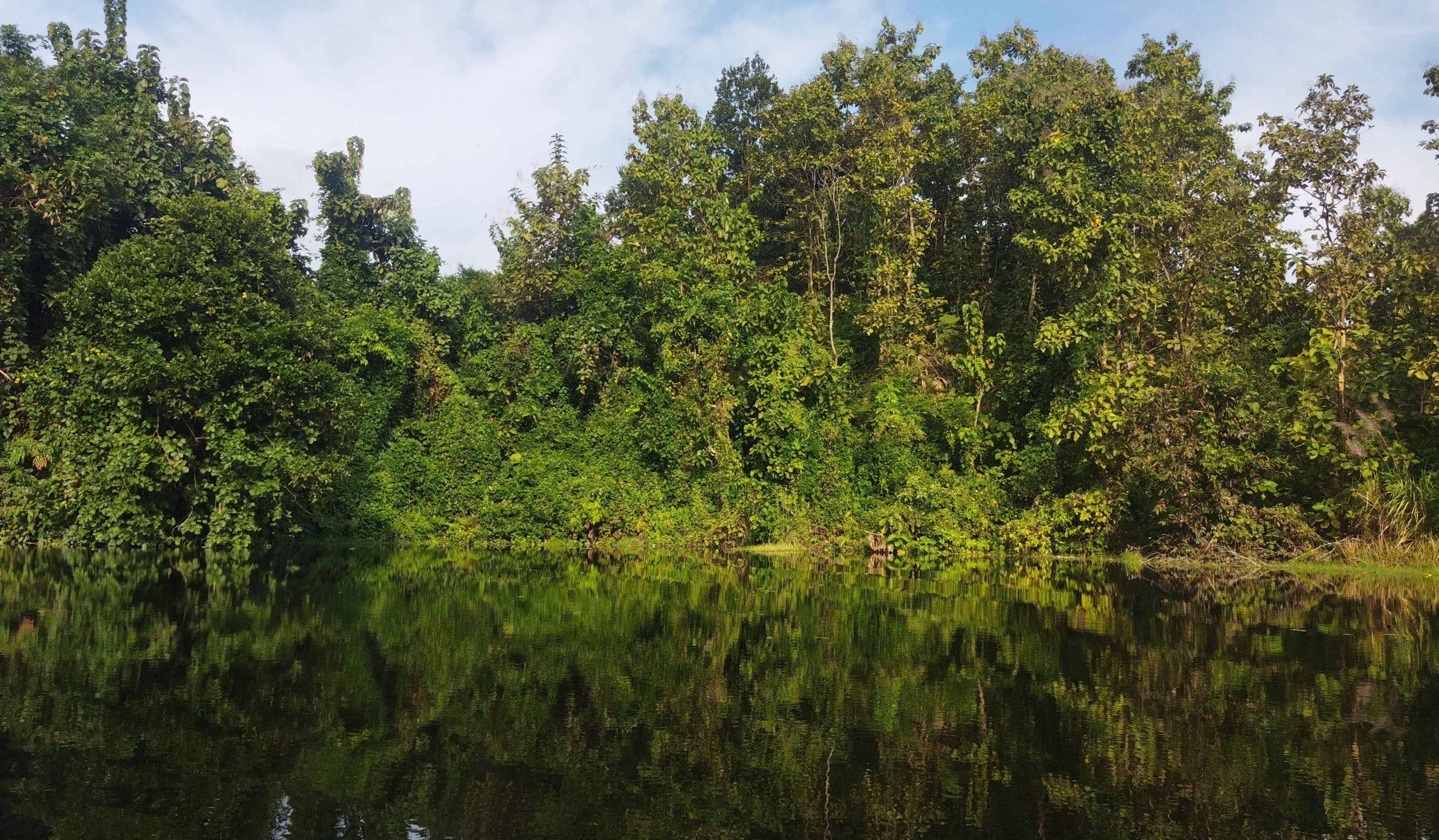
Arannayk Foundation, in collaboration with EQMS, is developing master plans for five ecoparks: Banshkhali Ecopark (Chattogram), Botanical Garden and Ecopark (Sitakunda), Borshijora Ecopark (Moulvibazar), Rajeshpur Ecopark (Cumilla), and Tilagar Ecopark (Sylhet).The work involves floral and faunal surveys, digital topographic mapping, needs assessments of visitors and local communities, stakeholder consultat... Read more
Location: Moulvibazar, Chattogram, Comilla, Sylhet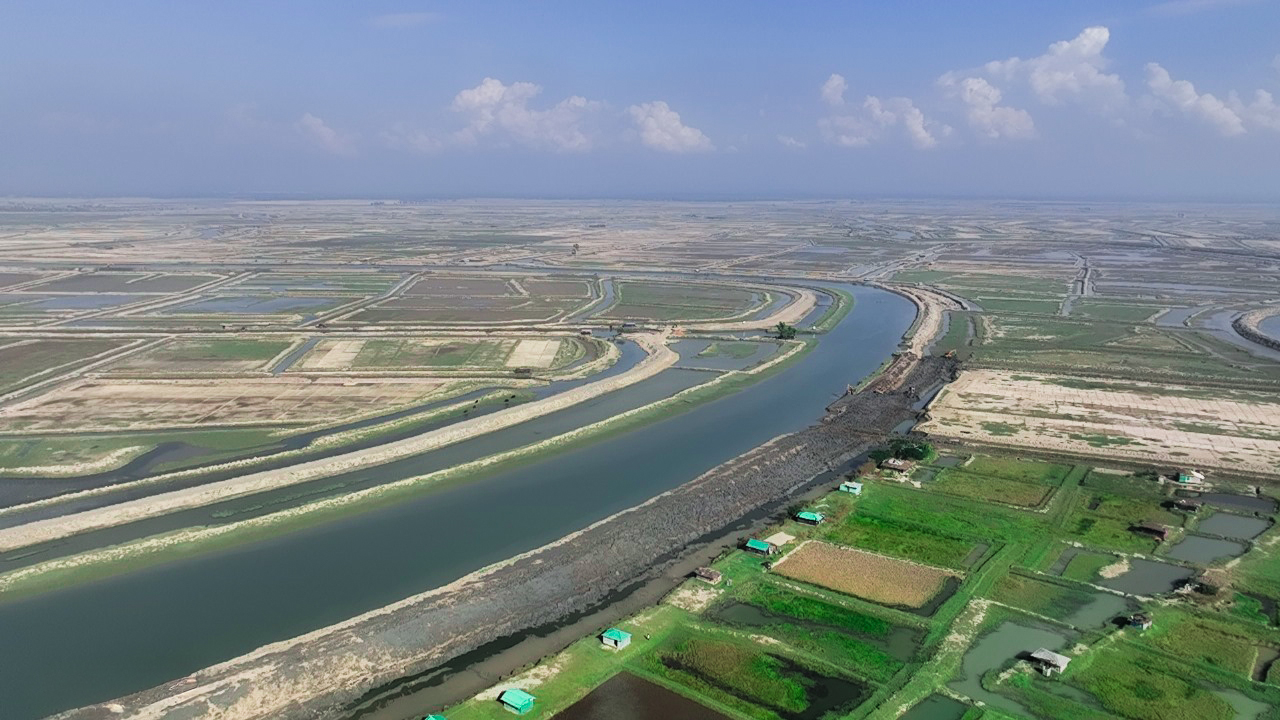 © AF/Md. Emranul Islam
© AF/Md. Emranul IslamThe project aims to restore tree cover along the embankments of 10 Acre, 11 Acre, and 48 Acre shrimp estates in Chakaria, Cox’s Bazar—an area once part of the Chakaria Sundarban. Once deforested for aquaculture, this landscape is now the focus of a plantation and conservation initiative led by Arannayk Foundation.Read how mangroves in Chakaria are returningExplore the tools and techniques of growing mangrov... Read more
Location: Cox's Bazar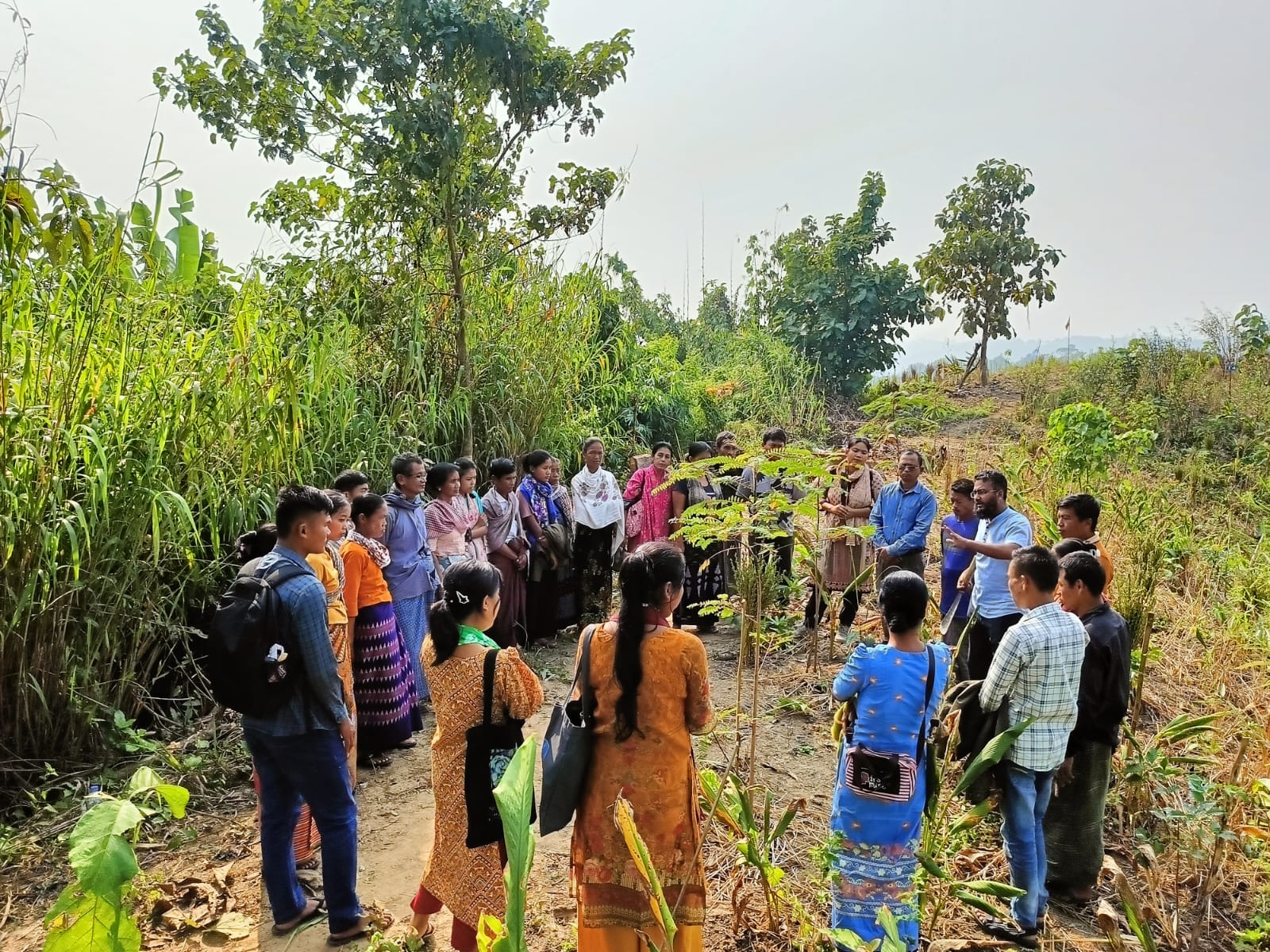 © AF photo library
© AF photo libraryThe project (March 2024 – June 2027) aims to scale up forest landscape restoration (FLR) across Bandarban Hill District using proven models developed under the earlier CHT-FLR project (part of USAID’s COMPASS Activity). It also seeks to develop a more productive and climate-resilient alternative to the current practice of short-rotation shifting cultivation. The project promotes inclusive, community-led res... Read more
Location: BandarbanThis national initiative aims to enhance the Bangladesh Forest Department’s (BFD) capacity to prevent, detect, and respond to wildlife crime across the country. Arannayk Foundation, with support from the United States Forest Service (USFS), is facilitating a comprehensive institutional strengthening process.Key interventions include the formation of a ten-member Curriculum Review Committee (CRC), a gap anal... Read more
Location: All Over Bangladesh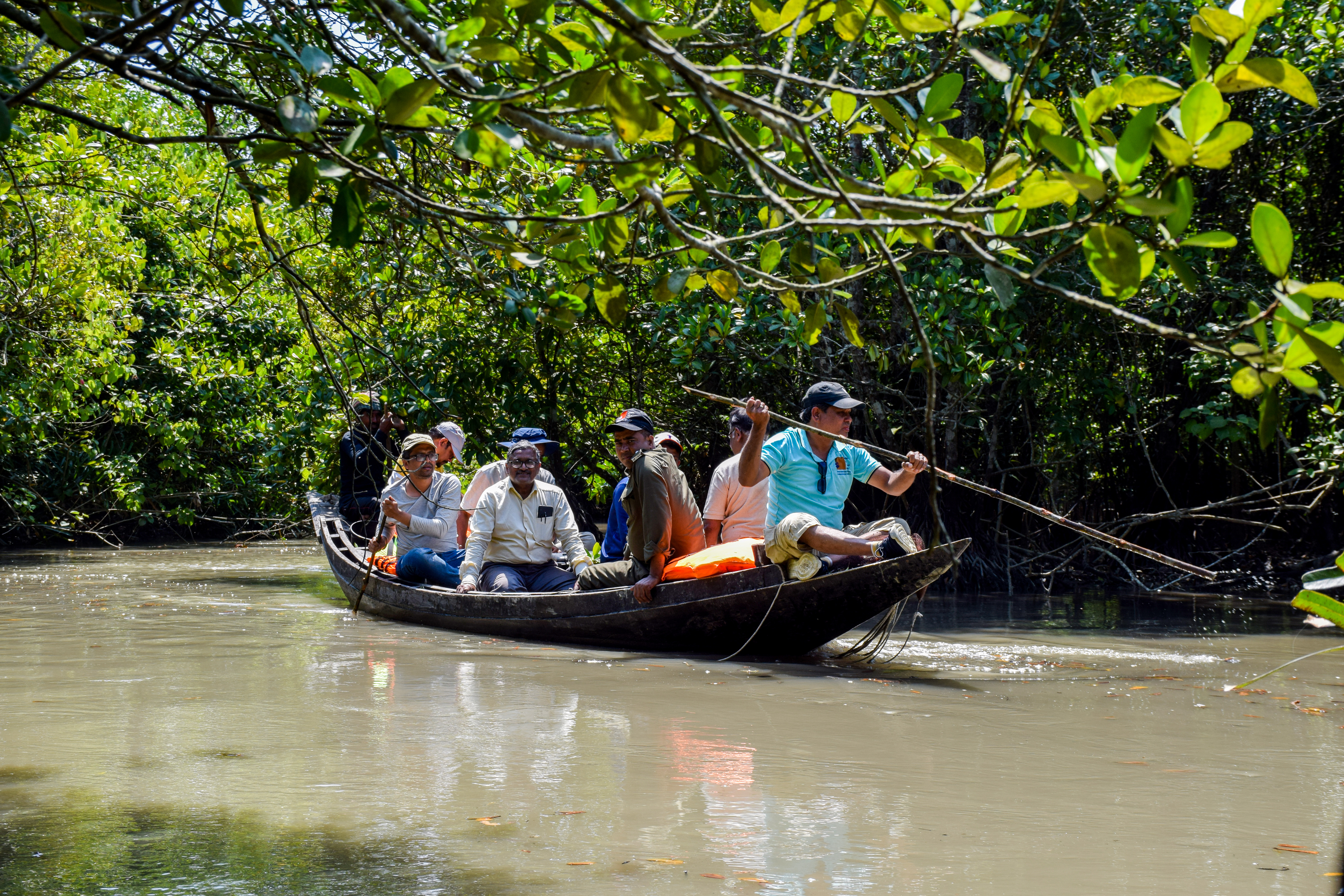 © AF/Arifur Rahman
© AF/Arifur RahmanArannayk Foundation, in collaboration with the Center for Environmental and Geographic Information Services (CEGIS), is supporting the development of an updated Integrated Resource Management Plan (IRMP) for the Sundarbans Reserve Forest (SRF) for the period 2025–2035.The plan will reflect the current status of forest resources and set out a 10-year framework for biodiversity conservation and sustainable re... Read more
Location: Bagerhat, Khulna, Satkhira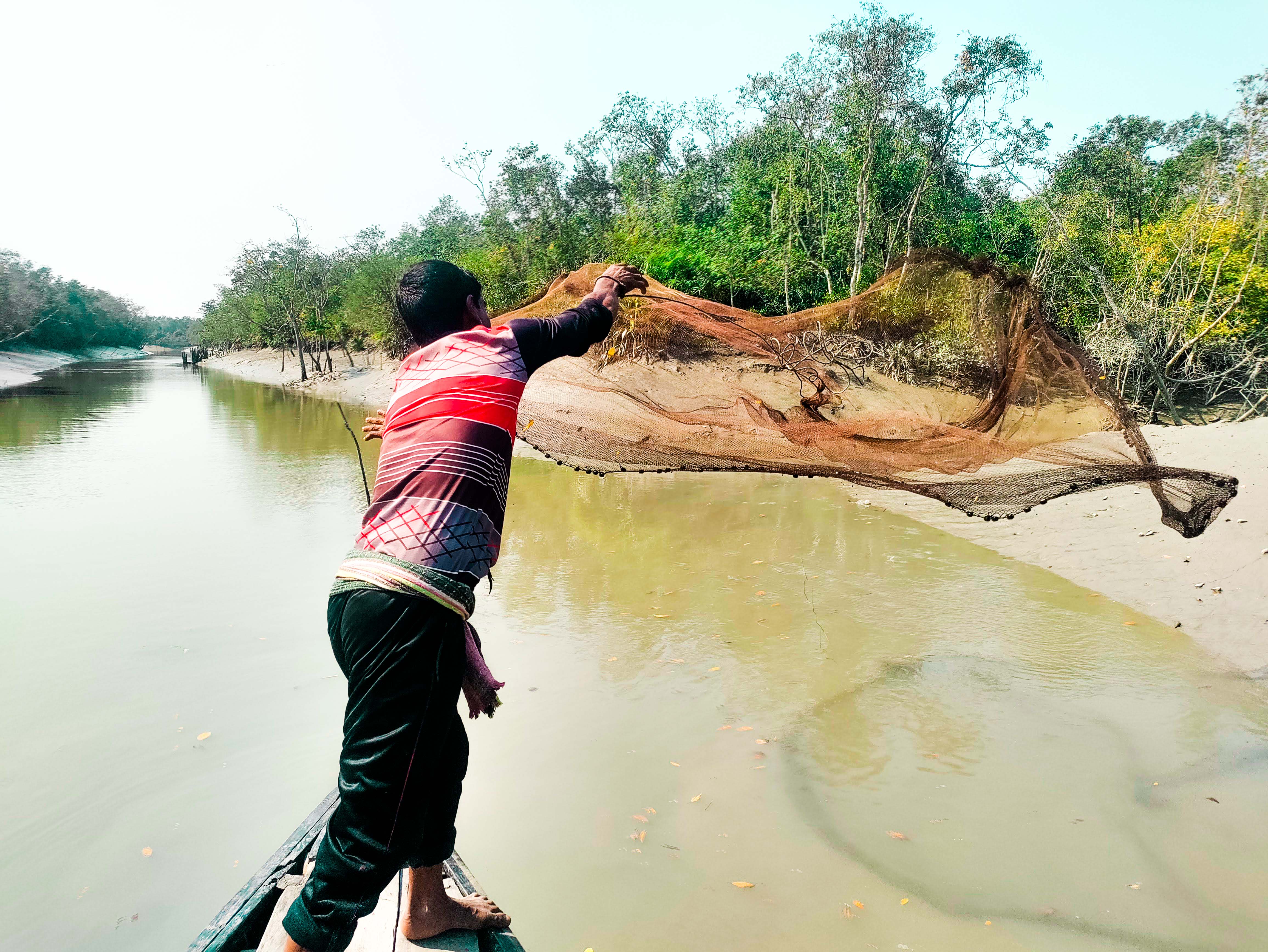 © AF/Arifur Rahman
© AF/Arifur RahmanArannayk Foundation, in collaboration with the Center for Natural Resources Studies (CNRS), is conducting a comprehensive assessment of the aquatic resources of the Sundarbans, funded by the Bangladesh Forest Department. The study aims to support the conservation and sustainable use of coastal biodiversity and ecosystem services by informing future aquatic resource management strategies.The assessment focus... Read more
Location: Bagerhat, Khulna, Satkhira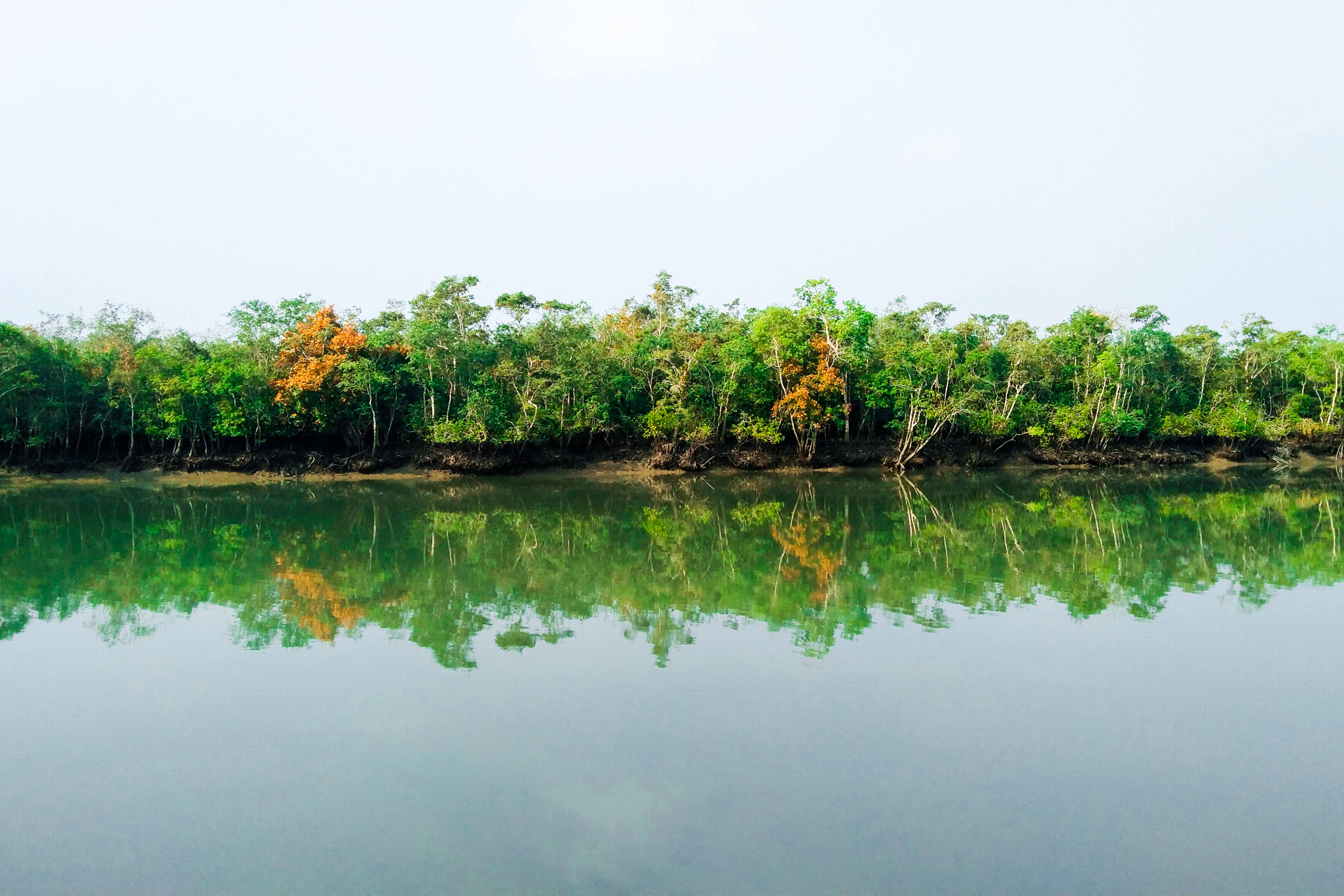 © AF/Md. Sahidul Islam
© AF/Md. Sahidul IslamThe project Under the Protection of Sundarban Mangrove Forests Project (PSMFP) supports long-term ecological monitoring of the Sundarbans to inform sustainable management of the world’s largest mangrove forest. Jointly implemented by CEGIS and Arannayk Foundation, the study focuses on assessing the health of the Sundarbans ecosystem through physical, chemical, and biological indicators. As part of its role,... Read more
Location: Satkhira, Bagerhat, Khulna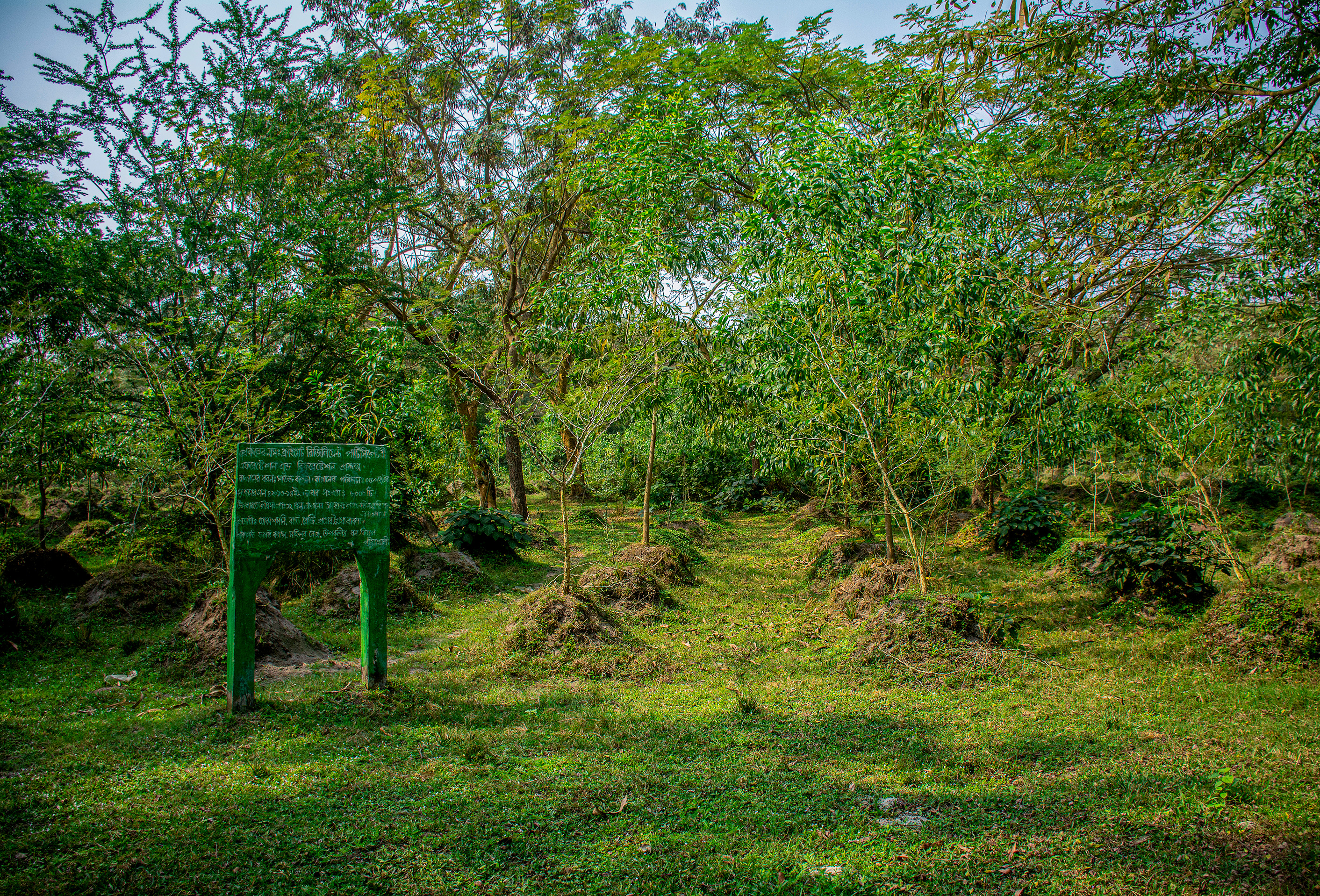 © AF photo library
© AF photo libraryArannayk Foundation implemented Component 2: Livelihood Development of the CRPARP from February 2013 to December 2016, aiming to reduce forest dependency and strengthen community resilience through sustainable livelihood options. The project mobilized 6,000 forest-dependent households into 200 village groups (80% poor and vulnerable, 86% women), established 200 village organizations and 55 union federations... Read more
Location: Cox's Bazar, Barisal, Chattogram, Barguna, Laxmipur, Bhola, Feni, Patuakhali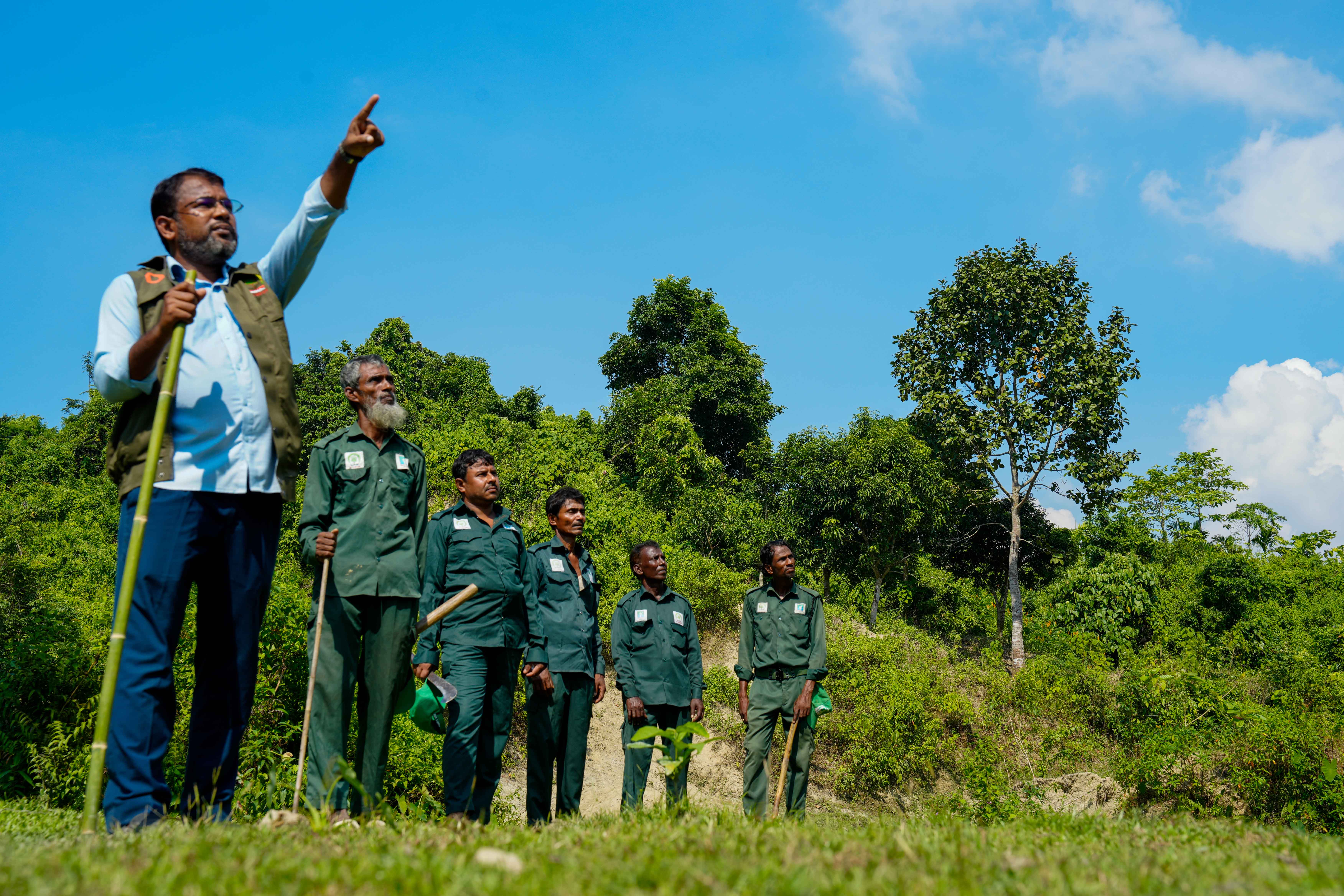 © AF/Arifur Rahman
© AF/Arifur RahmanLaunched in 2020, the GREEN LIFE project addresses the environmental and socio-economic challenges triggered by the influx of nearly one million Rohingya refugees into Cox’s Bazar since 2017. The sudden pressure on forests and natural resources led to deforestation, soil erosion, landslides, and frequent human-elephant conflicts in protected areas such as Inani National Park and Teknaf Wildlife Sanctuary. H... Read more
Location: Cox's Bazar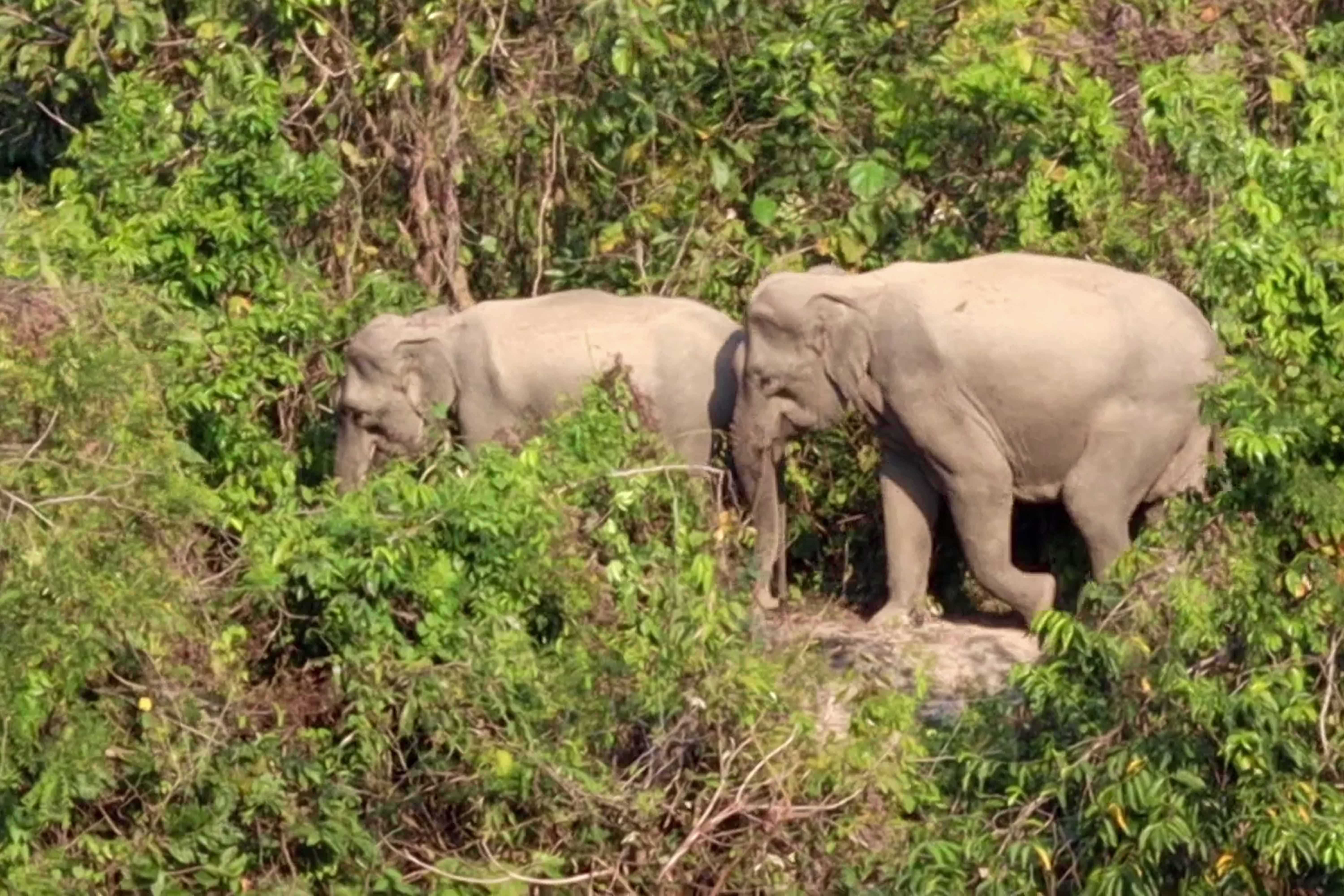 © AF photo library
© AF photo libraryThis project enhanced community-based conservation efforts within the Inani and Ukhiya ranges of Sheikh Jamal Inani National Park (SJINP) by strengthening the capacity of Elephant Response Teams (ERTs) to mitigate human–elephant conflict (HEC). Four ERTs were supported, comprising 40 trained members equipped with logistical resources to assist the Bangladesh Forest Department in safeguarding both communitie... Read more
Location: Cox's Bazar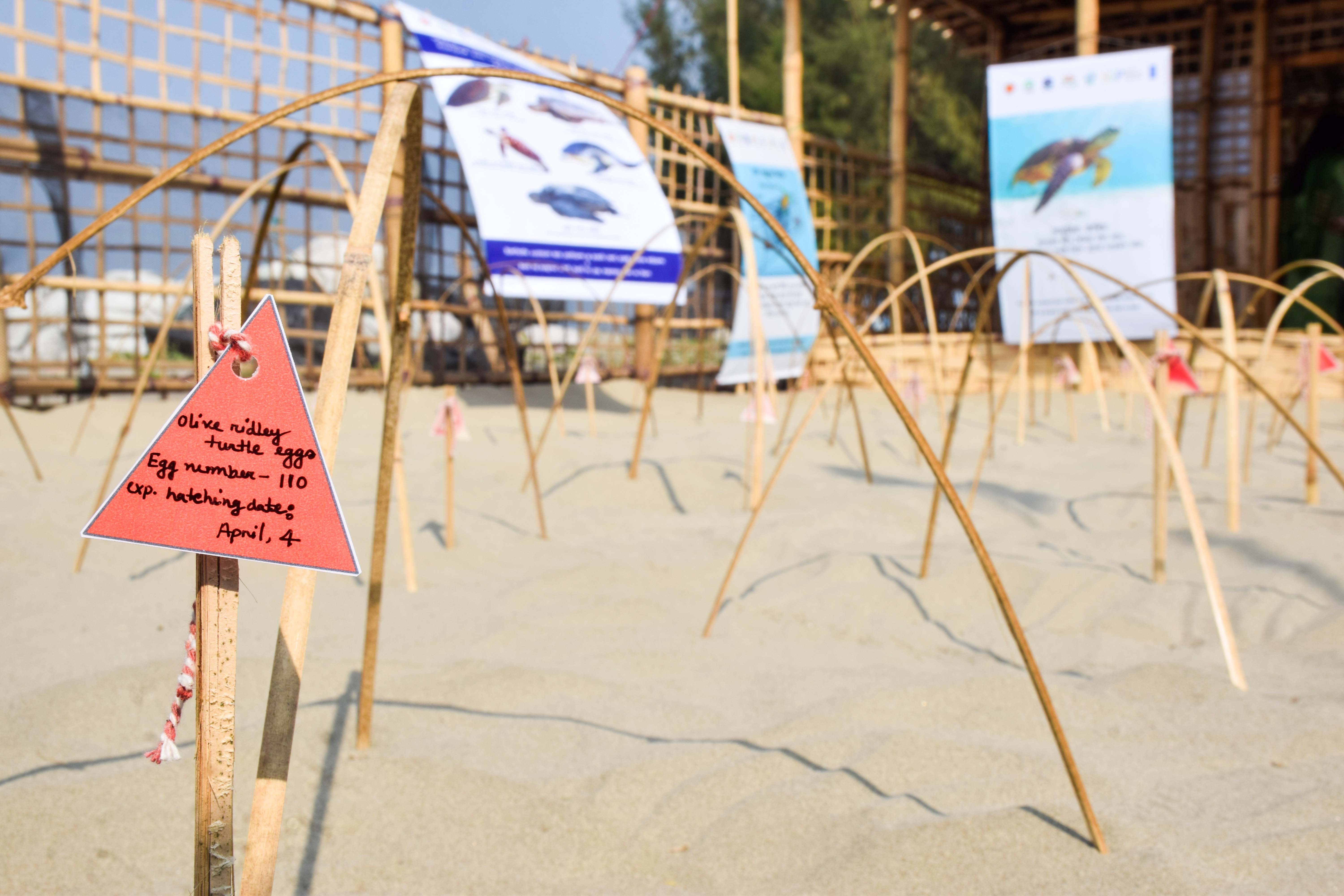 © AF/Arifur Rahman
© AF/Arifur RahmanImplemented in the Cox’s Bazar–Teknaf Peninsula and Inani National Park, critical habitats for globally and nationally threatened species, the EARTH project addressed the combined pressures of climate change and the ongoing humanitarian crisis through community-led conservation, conflict mitigation, and livelihood diversification.The project directly benefited 5,529 people, 57% of whom were women, including... Read more
Location: Cox's Bazar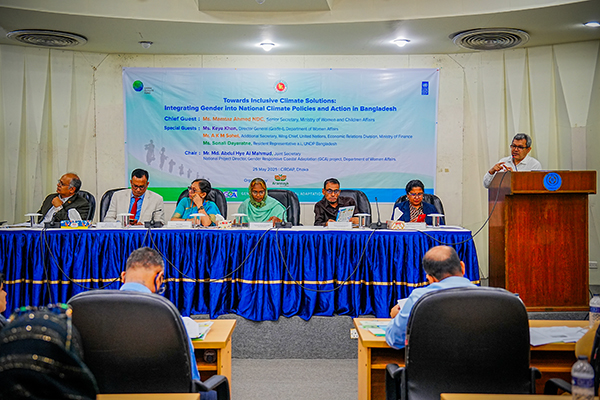 © Arifur Rahman
© Arifur RahmanArannayk Foundation, engaged by the United Nations Development Programme (UNDP), developed training modules, a policy brief, and other supporting materials to build the capacity of Government of Bangladesh (GoB) officials on integrating gender perspectives into climate action. The initiative aimed to promote gender-transformational change by addressing restrictive norms, fostering shared responsibilities wi... Read more
Location: All Over Bangladesh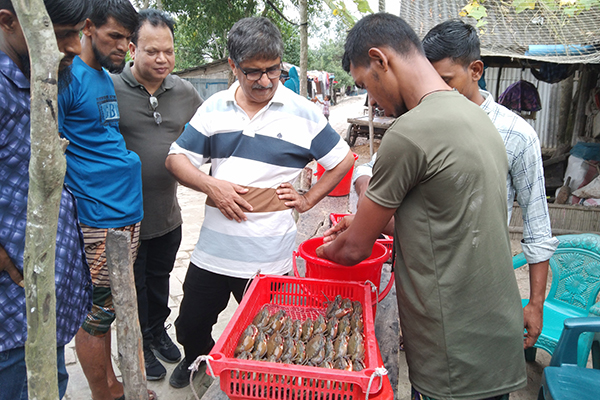 © S.M. Saiful Seraj
© S.M. Saiful SerajThe study documented life cycle of mud crabs and prevailing harvesting practices in selected Ecologically Critical Areas (ECAs) of Khulna, Bagerhat, and Satkhira districts adjacent to the Sundarbans. The study examined the ecological and socio-economic dimensions of mud crab harvesting, including its impacts on population sustainability, local ecosystems, and the livelihoods of dependent fishing communities... Read more
Location: Bagerhat, Khulna, Satkhira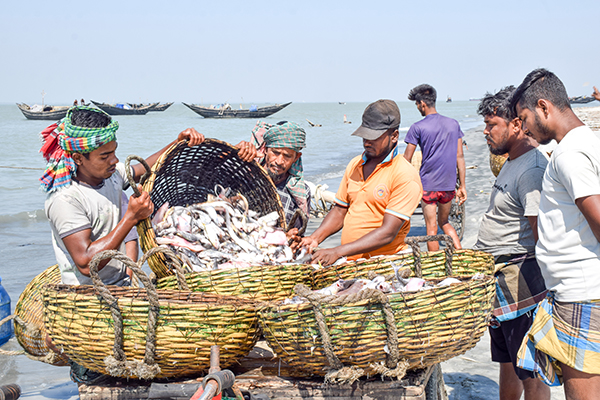 © Arifur Rahman
© Arifur RahmanArannayk Foundation, funded by GIZ Bangladesh, conducted a feasibility study on the fishing and fish processing practices of the Dubla Island fishing community (Dubla Jele Palli) to understand their socio-economic profile and the ecological impacts of their activities on the Sundarbans and adjacent marine ecosystems.The study documented demographic characteristics, economic dependence on fisheries, and the... Read more
Location: Bagerhat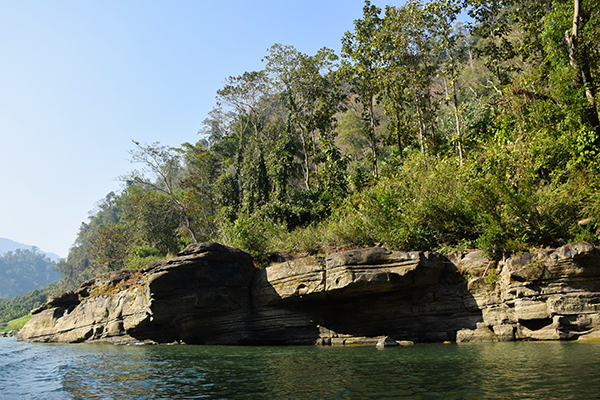 © Zawyad Bin Mostofa
© Zawyad Bin MostofaThis initiative focused on conserving big cat species, particularly the clouded leopard within the Indo-Burma Biodiversity Hotspot by safeguarding transboundary forest ecosystems in Bangladesh’s Chittagong Hill Tracts and India’s Mizoram. The project combined habitat management, community-based conservation, and cross-border collaboration to strengthen ecological resilience, reduce human–wildlife conflict,... Read more
Location: Rangamati, Bandarban, Mizoram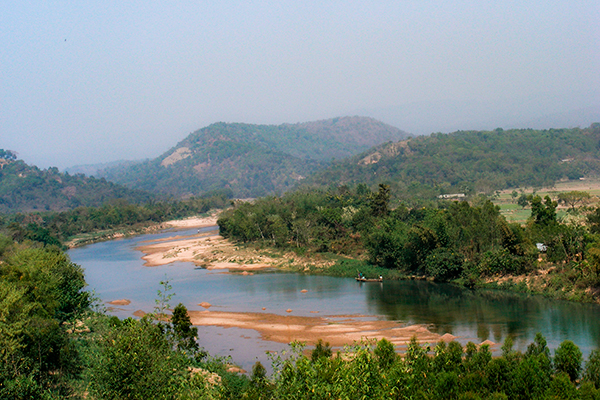 © AF photo library
© AF photo libraryArannayk Foundation strengthened community-based conservation across key biodiversity areas (KBAs) through the facilitation and networking of Co-Management Organizations (CMOs). In the Sundarbans, this included the Sundarbans Region Co-Management Society (formerly the Sundarbans CMO Network), while in the northeast, the Greater Sylhet CMO Network brought together CMOs from Tanguar Haor, Hakaluki Haor, and H... Read more
Location: Sylhet, Sunamganj, Moulvibazar, Habiganj, Satkhira, Bagerhat, Barguna, Khulna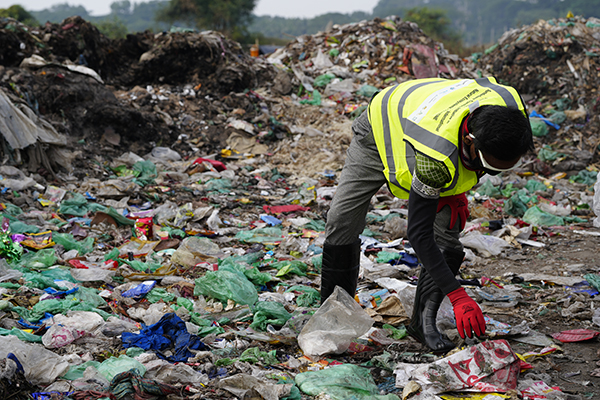 © AF/Jessie Namnika Daru
© AF/Jessie Namnika DaruThe PRISTINE project tackled plastic pollution across both the upstream and downstream areas of the Sundarbans Reserve Forest by creating a recycling value chain for Single-Use Plastics (SUP) that is transparent, traceable, and inclusive. At its core was the development of a mobile application, called Wastex, to track plastic waste from collection to recycling, documenting the contributions of waste collect... Read more
Location: Bagerhat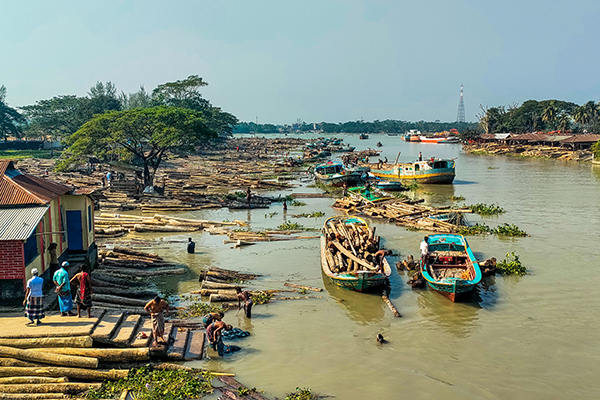 © AF/Farhan Haque
© AF/Farhan HaqueThis nationwide study examines the growing demand and supply dynamics of wood-based products in Bangladesh, with a focus on wood chips, sawdust, and furniture. Driven by rapid urbanization and a furniture sector growing at 15–20% annually, the country faces increasing pressure on timber resources. While local production and imports contribute to meeting demand, restrictions on harvesting from natural forest... Read more
Location: Khulna, Bagerhat, Jashore, Jhenaidah, Bogura, Dinajpur, Tangail, Mymensingh, Gazipur, Dhaka, Narayanganj, Barisal, Sylhet, Moulvibazar, Habiganj, Chattogram, Rangamati